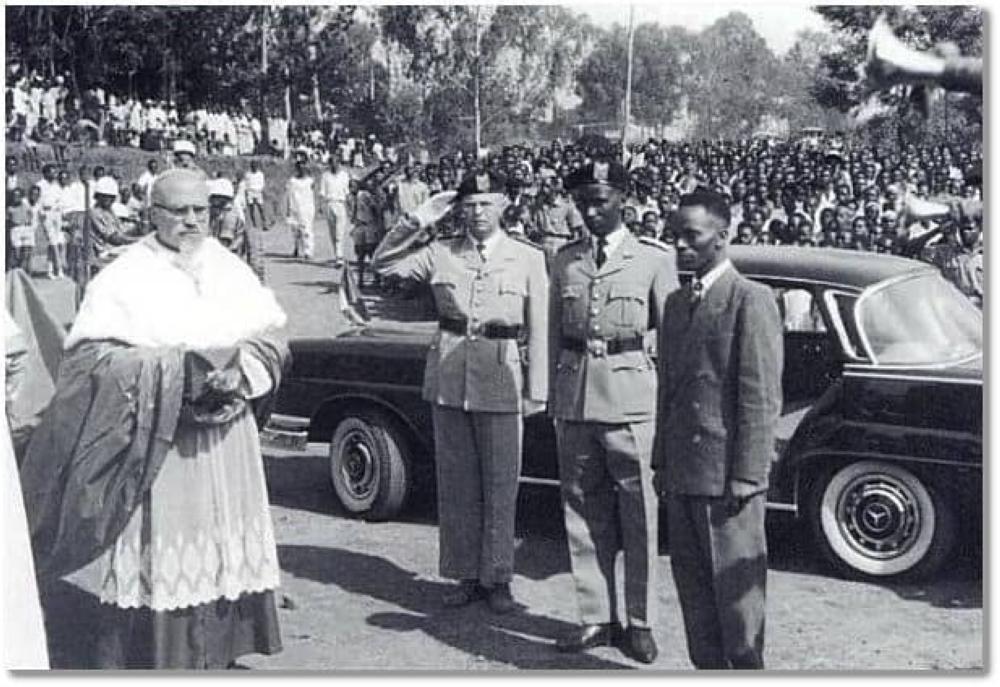Africa-Press – Rwanda. Rwanda today on July 1 marks 62 years of independence from Belgian colonial rule. While in the true sense of independence the day carries little or no significance, we are reminded not of the triumph of self-determination but the heavy price that has been paid in the decades that followed.
This day, etched in the nation’s calendar, must remain more than a ceremonial occasion; it must be a moment of deep national reflection.
Independence was not immediately followed by peace, justice, or unity. Instead, our nation was thrust into a period of political turmoil, ethnic division, and eventually, unspeakable tragedy with the direct participation of the colonial masters.
The 1994 Genocide against the Tutsi remains the darkest chapter in our history, a horrifying culmination of years of hatred and exclusion that found root in the post-independence years. It is precisely because of this tragic history that we must continue to observe Independence Day with seriousness and resolve.
To forget the painful lessons of the past is to invite their repetition. It is also a solemn reminder of what can go wrong when leadership fails, when hatred is normalised, and when a people turn against their own. The progress Rwanda has made in the past three decades towards reconciliation, development, and building a unity of purpose must never be taken for granted.
As generations grow up further removed from the events of 1962 and 1994, our responsibility to pass on the truth becomes even more urgent. The memory of our struggle for freedom, and the tragedy that followed it, must be preserved with honesty and clarity.
This day must serve as an opportunity to educate the youth about the nation’s journey, the heights of hope and the depths of loss so they may become guardians of peace, justice, and human dignity.
In observing Independence Day each year, we are not only remembering the past, we are recommitting to a future where never again is not just a slogan, but a promise kept.
Source: The New Times
For More News And Analysis About Rwanda Follow Africa-Press






